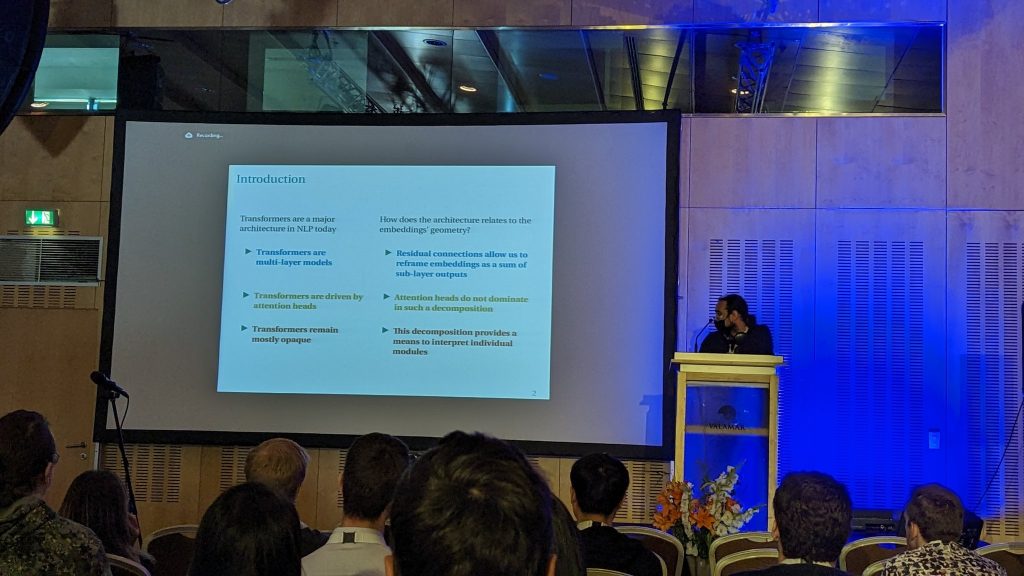 Hello! I’m Timothee Mickus, one of the postdocs in the FoTran project. I was at this year’s EACL to present a paper we submitted a year ago to TACL. The piece was about throwing linear algebra at Transformers and seeing what comes out. It was my first live conference since the pandemic, so that was a nice change of pace from Zoom-based and Underline-based conferences. It’s always easier to get feedback with live audiences.
Hello! I’m Timothee Mickus, one of the postdocs in the FoTran project. I was at this year’s EACL to present a paper we submitted a year ago to TACL. The piece was about throwing linear algebra at Transformers and seeing what comes out. It was my first live conference since the pandemic, so that was a nice change of pace from Zoom-based and Underline-based conferences. It’s always easier to get feedback with live audiences.
I left the conference with a few tentative opportunities to collaborate with people in other labs, some new ideas for experiments, and, of course, numerous papers to read, with topics ranging from biases in annotation practices to the interpretability of contextualization in Transformer embeddings and from unsupervised machine translation evaluation to knowing when to expect failure and success in multitask scenarios.
The keynotes ranged through a wide variety of topics, and special attention had been paid so that they would also come from different backgrounds. Ed Grefenstette talked about large-language models and why instruction-based LMs seemed especially promising from a very NLP-centric standpoint. Kevin Munger provided a more media-studies oriented take on the same topic, and questioned how we should change our habits (from how we teach to how we write about AI to what new social policies we need) given the rise of the chatbots in today and tomorrow’s information landscape. Joyce Chai brought an overview of how advancements in NLP impact other AI research fields, and in particular embodied AI.
How do we keep ACL events affordable?
Coming into EACL, I expected that most of this blog post would be about the science. It turned out that EACL 2023 was also out of the ordinary in terms of organization.
One contentious point that was thoroughly discussed during the conference breaks was the price. It turned out to be one of the major points addressed during the business meeting (which was the only session where questions could be directed to the conference organizers). I tend to agree that $800 for a five day event (without counting the ACL membership dues) is a hefty sum; it contributed to the decisions of some of my colleagues and co-authors to not attend the conference. Next year’s venue has yet to be decided, since next year’s organizers want to explore more affordable options than what they initially had in mind. I would personally appreciate some transparency as to how the conference is funded (how much comes from sponsors? from the ACL dues? from the conference attendees?) and where that funding goes (how much are we paying for the conference venue and coffee break caterings? for the conference handbooks? for our EACL-branded tote-bags?).
The challenge of organizing EACL 2023
But maybe the most important thing to mention is the numerous rescheduling. The conference was initially supposed to happen in Kiev, and did not happen in Kiev for reasons. The backup venue in Dubrovnik was something of a last minute change of plans: the original plan once Kiev was ruled out was that the conference would just go online. I suppose this rushed relocation also explains some of the mishaps and communications issues during the final weeks before the conference. To take some concrete examples: the handbook we were provided contained duplicate entries for some of the papers presented at the conference; conversely, some poster sessions were not included. On a more personal note, I had no clear indication as to whether my talk would be presented in an oral or poster session: instead, I was sent a link to the underline page while it was still under construction, and directed to search for my name in this semi-functional website.
Presentations, posters, findings and all the confusion
This leads me to another unconventional organizational decision: every paper that was presented orally also had a poster presentation slot. This happened to be my case as well. I’m still not fully certain what I think of it: I’m not complaining about the extra opportunity to advertise my work, but it is extra work (both ahead of and during the conference). It’s also somewhat unfair that some of the presenters didn’t get the opportunity–and all the more jarring when it comes to Findings papers: Officially, Findings are works that are good enough but for which there’s not extra space in the conference itself, and yet organizers did manage to double-book quite a number of papers in the main conference. This means we have a tiered acceptance system: some of us got two presentation slots, some of us only got a poster, and some of us (Findings authors) only got virtual presentations. In and of itself, that’s not necessarily a bad thing, but I’m uncomfortable with this tiered system being left as implicit. Let’s hope that future editions of EACL and *ACL conferences will be more transparent on that front.
Where is NLP as a field and EACL as a conference?
The last point I’d like to mention comes from the opening session. As it turns out, most submissions to the European chapter of the association for computational linguistics did not come from Europe (with a good third of submissions stemming from the USA), and very few actually focused on linguistics. Most works submitted focused more on engineering, processing and dataset description rather than syntax, semantics or phonology modeling. While this state of affairs begs the question of what is EACL precisely, it also highlights how things have changed across the last few years: NLP has become a more international and engineering focused field of research. Despite these changes, it’s good to see that the community remains very directly involved in deciding where it is going–be it local volunteers in Dubrovnik picking up the ball at the last minute to ensure that EACL would not be an online-only event, or attendees openly discussing whether the current conference practices we have are a good fit for the community.
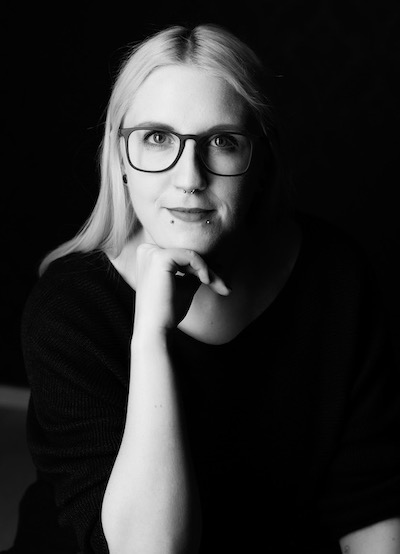 A couple of months ago, I had the amazing opportunity to come to the University of Helsinki as a visiting researcher. This was part of my PhD journey to familiarise myself with machine learning some more. As a forensic linguist, we’re often focussing our work on less automated ways of analysis, so I wanted to explore how I can make use of (semi-)automated processes in the forensic context.
A couple of months ago, I had the amazing opportunity to come to the University of Helsinki as a visiting researcher. This was part of my PhD journey to familiarise myself with machine learning some more. As a forensic linguist, we’re often focussing our work on less automated ways of analysis, so I wanted to explore how I can make use of (semi-)automated processes in the forensic context. In total, I spent three months in Helsinki, from the end of February to the end of May. This meant that I could join some of the modules being held during that time, which allowed me to learn even more than just through collaboration. Additionally, I was able to join the research seminars held by the Language Technology research group, which meant I had an easy contact point to meet other researchers, but also to introduce my work to the group. Generally, the work culture is excellent and the joint lunch breaks make it easy to get to know people.
In total, I spent three months in Helsinki, from the end of February to the end of May. This meant that I could join some of the modules being held during that time, which allowed me to learn even more than just through collaboration. Additionally, I was able to join the research seminars held by the Language Technology research group, which meant I had an easy contact point to meet other researchers, but also to introduce my work to the group. Generally, the work culture is excellent and the joint lunch breaks make it easy to get to know people. The main focus of my visit was on a project within the CorCoDial group. We replicated a study which had come out only a couple of weeks before I arrived. In our experiments, we concentrated on extracting dialect features used by dialect classifiers. This was to evaluate whether dialect classifiers can be explained or interpreted, since, in forensic linguistics, one of the big problems with automated processes is that they are opaque and can’t be used in evidential contexts. We have submitted and presented our work at several conferences, for instance ICLaVE12, and were able to publish a preprint of our work (soon to be published in the NLPAICS proceedings).
The main focus of my visit was on a project within the CorCoDial group. We replicated a study which had come out only a couple of weeks before I arrived. In our experiments, we concentrated on extracting dialect features used by dialect classifiers. This was to evaluate whether dialect classifiers can be explained or interpreted, since, in forensic linguistics, one of the big problems with automated processes is that they are opaque and can’t be used in evidential contexts. We have submitted and presented our work at several conferences, for instance ICLaVE12, and were able to publish a preprint of our work (soon to be published in the NLPAICS proceedings).




 Why coming to Helsinki?
Why coming to Helsinki? Another
Another 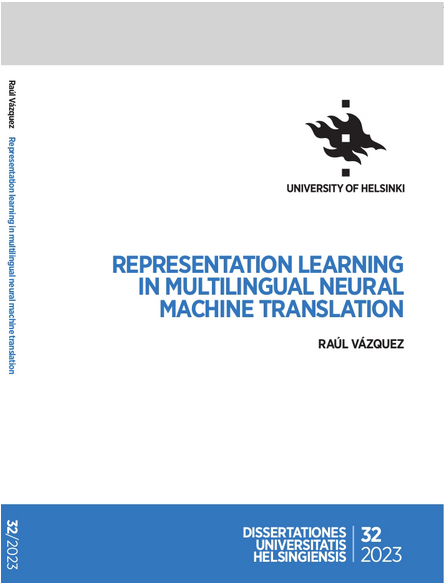
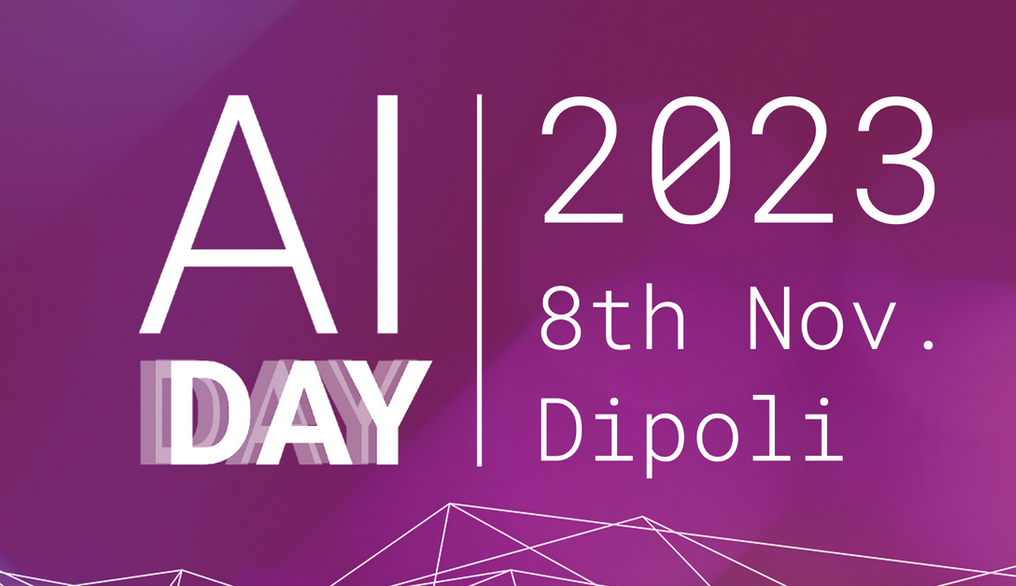 The language technology group from Helsinki has substantial presence at
The language technology group from Helsinki has substantial presence at 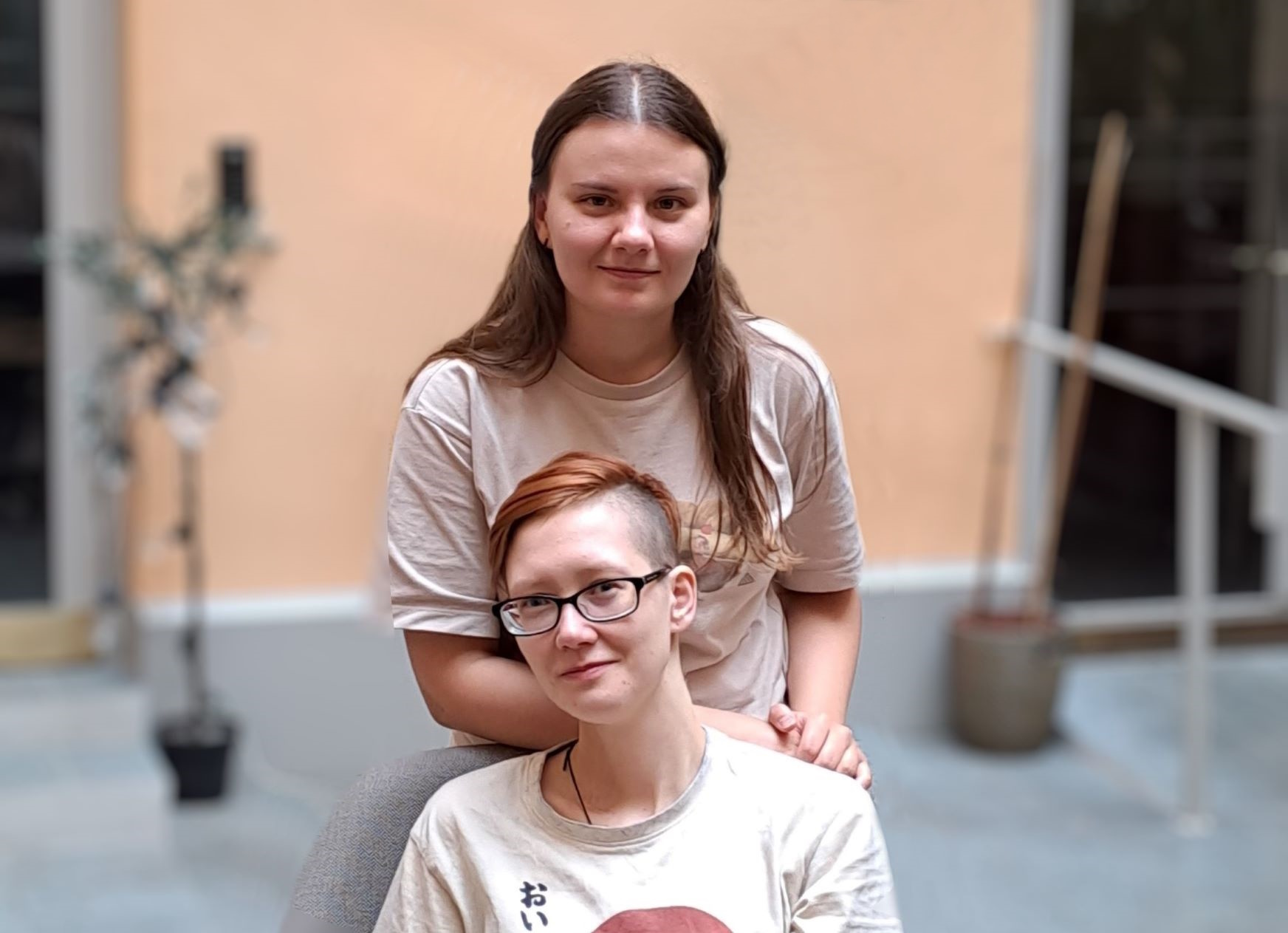 Our doctoral student, Anna Dmitrieva, has been highlighted
Our doctoral student, Anna Dmitrieva, has been highlighted  My name is Joseph Attieh, and I’m thrilled to introduce myself as the newest member joining the Language Technology research group led by Prof. Jörg Tiedemann. As I embark on my PhD journey, my primary focus will be on Green NLP, particularly in the areas of knowledge distillation and modularization.
My name is Joseph Attieh, and I’m thrilled to introduce myself as the newest member joining the Language Technology research group led by Prof. Jörg Tiedemann. As I embark on my PhD journey, my primary focus will be on Green NLP, particularly in the areas of knowledge distillation and modularization. Hello! I’m Timothee Mickus, one of the postdocs in the FoTran project. I was at this year’s EACL to present a paper we submitted a year ago to TACL. The piece was about
Hello! I’m Timothee Mickus, one of the postdocs in the FoTran project. I was at this year’s EACL to present a paper we submitted a year ago to TACL. The piece was about
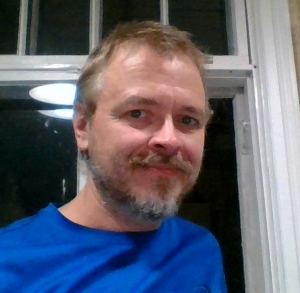 My name is Tommi Nieminen, and I recently joined the Helsinki-NLP research group as a new PhD student. For the past two decades, I have worked in the translation industry, starting as a translator and gradually drifting to more technical roles, such as CAT tool support, localization engineering, translation process automation, and machine translation development. Due to my work history, my research focuses mostly on the use of language technology in professional translation.
My name is Tommi Nieminen, and I recently joined the Helsinki-NLP research group as a new PhD student. For the past two decades, I have worked in the translation industry, starting as a translator and gradually drifting to more technical roles, such as CAT tool support, localization engineering, translation process automation, and machine translation development. Due to my work history, my research focuses mostly on the use of language technology in professional translation.